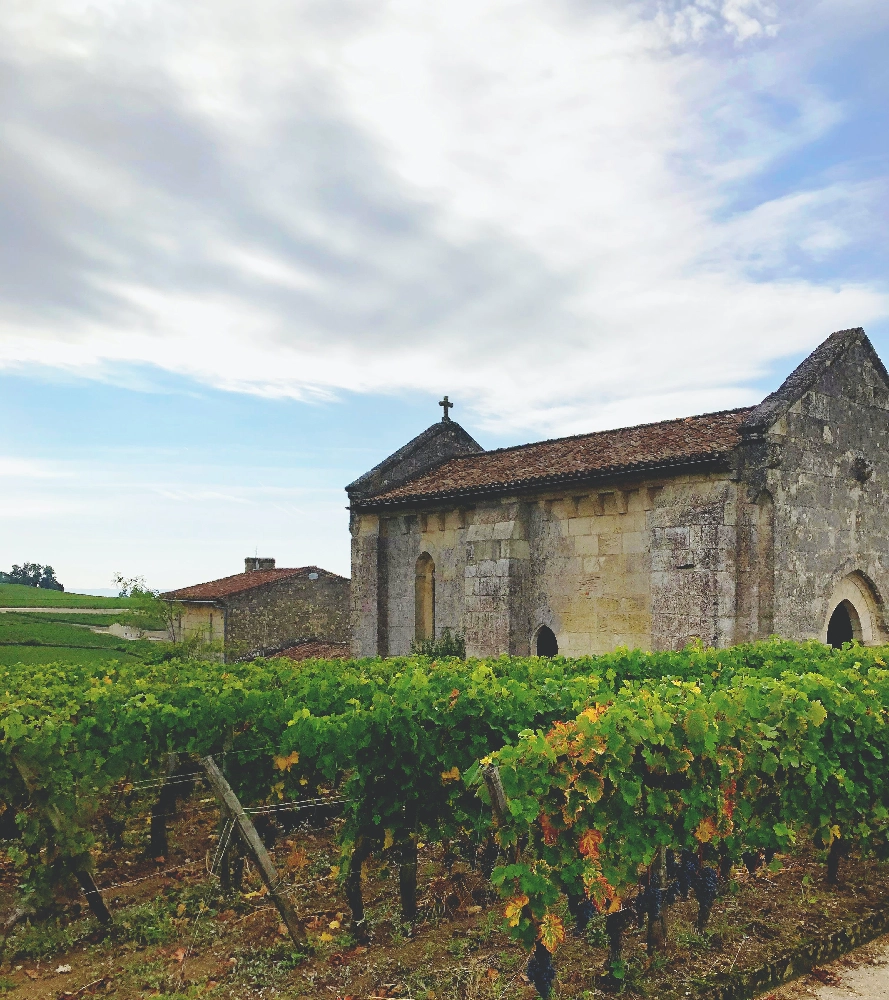
Luxembourg Wineries & Wines Stats
Wineries
38
Wines
218
Wines of Luxembourg: A Rich Cultural and Historical Heritage
Introduction The tiny yet significant European nation of Luxembourg, nestled between Belgium, Germany, and France, is not only known for its political and economic prowess but also boasts a rich wine tradition that dates back to the Roman times. This historical wine significance review aims to shed light on the fascinating story of viticulture in Luxembourg, exploring the region's unique winemaking practices, grape varieties, food pairings, and cultural connections.
Historical Background The first records of wine production in Luxembourg date back to the 3rd century AD when the Romans discovered the area's favorable climate for grape cultivation. Over the centuries, the region developed a diverse viticulture landscape, shaped by various cultural influences, including Germanic, Roman, and later French traditions (regionName: 'Luxembourg', partOf: [], regionWineStyle: ['European'], regionWineStyleRELATEDto: ['Germanic', 'Roman', 'French']).
Wine Styles and Grape Varieties Although Luxembourg is not traditionally known for producing large quantities of wine, it does offer a unique selection of wines reflecting the country's rich heritage. The region's wine styles primarily consist of white wines, with some red and rosé varieties (regionWineStyle: ['White', 'Red', 'Rosé']). The most commonly grown grape varieties in Luxembourg include Riesling, Elbling, Auxerrois, and Pinot Noir (grapes: ['Riesling', 'Elbling', 'Auxerrois', 'Pinot Noir']).
Cultural Significance Wine has played a vital role in the social fabric of Luxembourg, with winemaking being an integral part of local culture and traditions. The region's vineyards serve as picturesque landscapes that attract both domestic and international tourists, providing opportunities for wine tastings and experiencing the rich cultural heritage (pairsWithFoods: []).
Moreover, wine has been a symbolic element in various aspects of Luxembourgish life, such as religious celebrations, social gatherings, and even political negotiations. The country's wine traditions have also shaped its culinary scene, with local dishes such as 'Bouneschlaff' (a traditional cold soup made from spinach, potatoes, and white wine) and 'Sprockfoller' (a meat and onion stew served with wine) reflecting the importance of wine in the region's gastronomy.
Conclusion In conclusion, Luxembourg's historical wine significance is a testament to its rich cultural heritage and the vital role that viticulture has played throughout history. From the Roman times to the present day, wine production in Luxembourg remains an essential aspect of the country's identity, offering visitors unique experiences, delicious wines, and a glimpse into the region's captivating past.
As we continue to explore the world of wines, it is essential to remember that each region holds a unique story, shaped by its people, climate, and traditions. Luxembourg, with its fascinating history, diverse grape varieties, and cultural connections, is no exception to this intriguing narrative. So, let us raise a glass to the enduring legacy of Luxembourg's wines and the stories they tell. Cheers!
